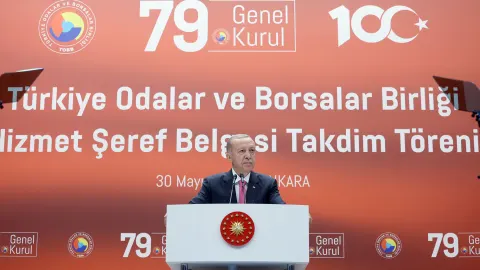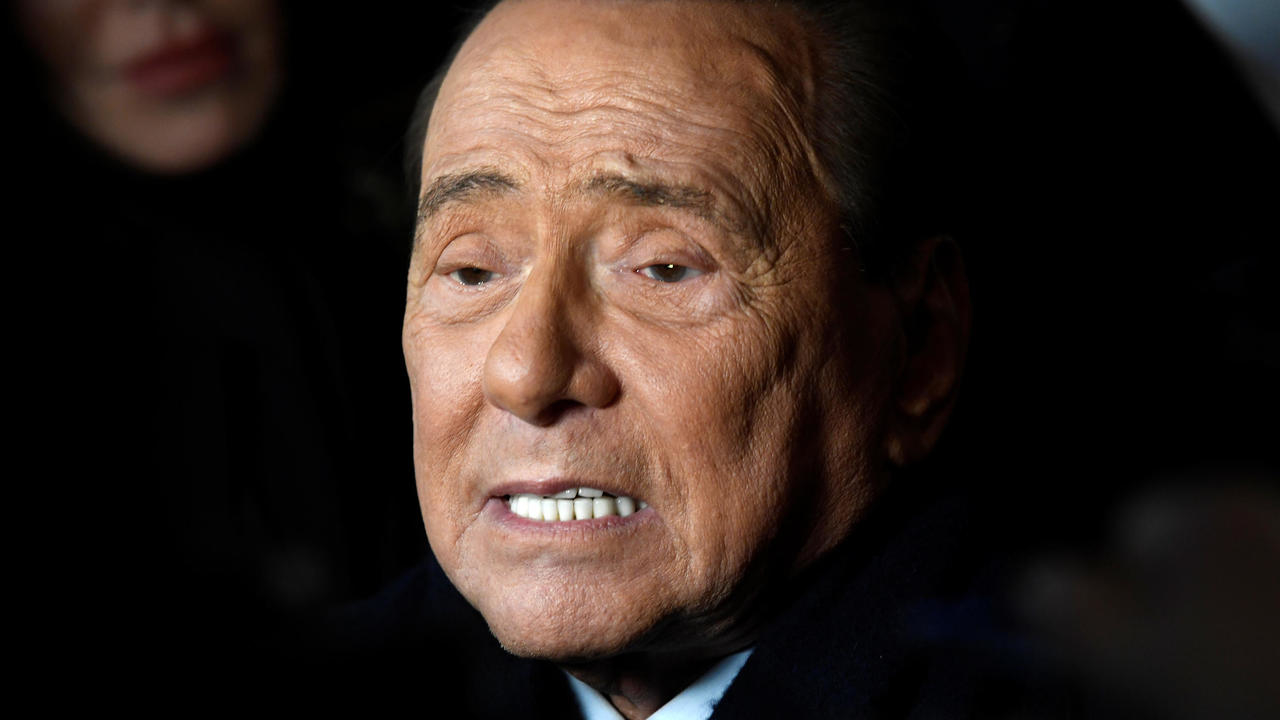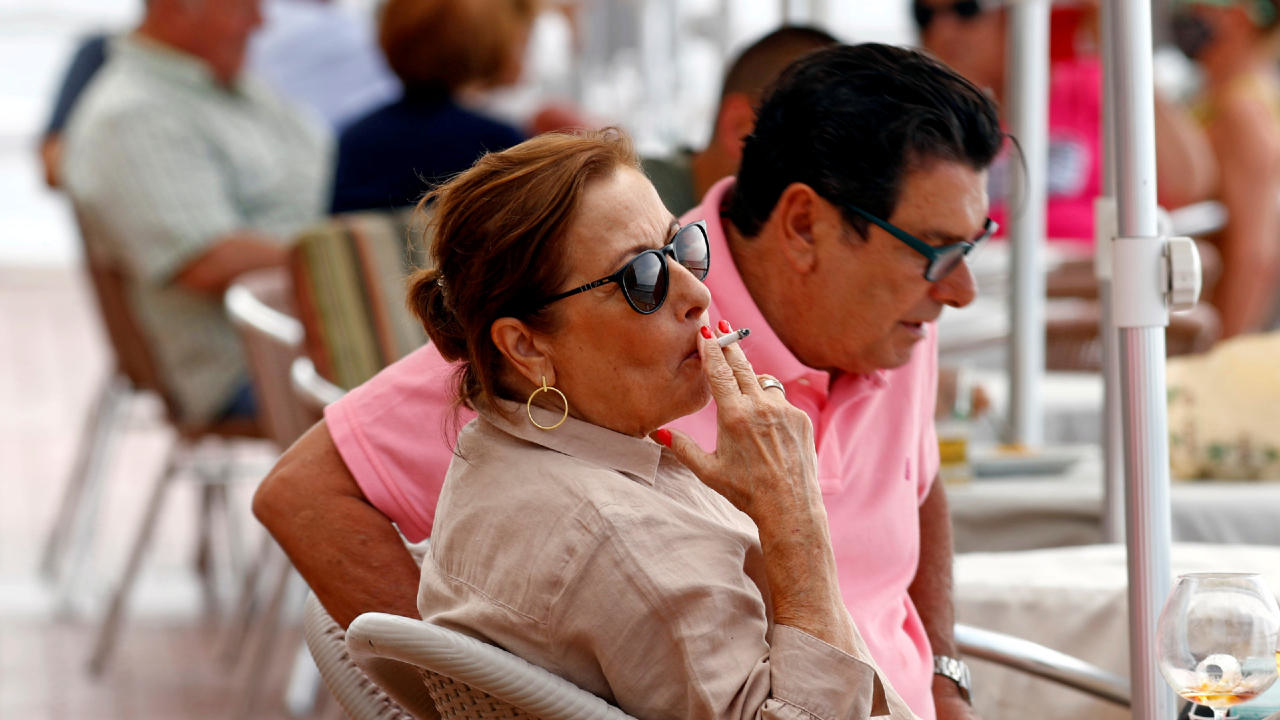Erdogan intent on taking back Istanbul after presidential victory

Turkish President Recep Tayyip Erdogan has stretched his rule into a third decade after Sunday’s presidential election victory. His achievement, however, fell short of the city of Istanbul – a strategic and personal crown jewel the leader is determined to take back in 10 months’ time.
Speaking on top of a campaign bus outside his Istanbul residence on Sunday, Erdogan sang to a crowd of cheering supporters and declared his next step – to take back the city in the March 2024 municipal elections.
“Now we have 2024 ahead of us,” Erdogan said. “You understand what I am saying, don’t you? Are you ready to win both Uskudar (a large district in Istanbul) and Istanbul in the local elections in 2024? Then let’s not stop.”
By winning back Istanbul, Erdogan means having it governed by a mayor from his Justice and Development (AK) Party.
Once the capital of the Ottoman Empire, Istanbul is today Turkey’s largest and most populous city. It is the country’s economic powerhouse and home to nearly 16 million people, a quarter of the Turkish electorate.
The city was for 25 years run by an Islamist -party – first by the Welfare Party, of which Erdogan was a member, and then by the AK Party – until the secular Republican People’s Party (CHP) won its mayorship in 2019 under Ekrem Imamoglu. Before beginning his term as prime minister in 2003, Erdogan was himself mayor of Istanbul between 1994 and 1998.
A 52-year-old savvy businessman, Imamoglu is the city’s 32nd mayor and ran as a prospective vice president to opposition candidate Kemal Kilicdaroglu in this year’s presidential election.
Erdogan in 2019 quickly saw that he was up against a potential winner, said Berk Esen, an assistant professor of political science at Sabanci University in Istanbul.
“Imamoglu was the most formidable politician that the opposition camp has generated over the past two decades,” Esen told CNN, “And him being very charismatic, very young, very energetic, was only a matter of time Imamoglu would defeat Erdogan.”
Speaking Monday, amid celebrations for the 570th anniversary of the city’s Ottoman conquest, Imamoglu was keen to remind Erdogan that even though he won the presidential election, he still fell short of victory in his beloved Istanbul.
The opposition beat Erdogan by nearly three points in both Istanbul and Ankara in Sunday’s presidential runoff.
“If you’ve won an election and you’re still saying Istanbul’s name in your sleep, that’s okay. It’s fine to dream. But it won’t be a reality,” Imamoglu said in a speech during celebrations.
“Neither you nor your fabricated judicial decisions will ever take Istanbul over,” he said, adding that the city “has become an exemplary world capital where all faiths and cultures live together” and it is also the “center of justice, tolerance and respect for the law.”
Analysts said that Erdogan has taken a number of steps since 2019 to sideline Imamoglu, knowing that he would be the opposition’s strongest candidate.
A 2021 survey by MetroPoll showed that, if there was a presidential election in which Erdogan and Imamoglu both ran, the latter would win nearly 50% of the votes whereas Erdogan would win close to 39%.
Last year, however, Imamoglu was sentenced to two years, seven months and 15 days in prison and banned from political activity for insulting Turkey’s Supreme Electoral Council (YSK). Human Rights Watch had called the sentence “an unjustified and politically calculated assault on Turkey’s political opposition in the run up to 2023 elections.”
Imamoglu’s lawyers have said they intend to appeal the verdict, but if the decision is upheld then the mayor would not be allowed to participate in public office.
Erdogan “sidelined the one figure who might have been able to beat him, Istanbul Mayor Ekrem Imamoglu,” wrote Soner Cagaptay, senior fellow at the Washington Institute for Near East Policy, in Foreign Affairs magazine.
“As a result, Imamoglu had little choice but to stay out of the [presidential] race to avoid triggering a blanket ban that would also oust him from the mayor’s office,” Cagaptay said.
It was not the first time Erdogan had cracked down on CHP members.
Last year, Turkey’s top court upheld a jail term against Canan Kaftancioglu, who heads CHP’s Istanbul branch, on charges of insulting the president.
Esen says that “there is no question” that Erdogan wants to get rid of Imamoglu, but that it remains unclear whether he will do so by trying to appeal to the electorate in the 2024 municipal election, or whether he will “engage in an extra-legal operation to purge Imamoglu, to basically replace him with a state appointee.”
It remains to be seen how Erdogan will take back Turkey’s commercial and electoral center. From bringing back the country’s quake-stricken south to revitalizing aplummeting economy, the leader still faces substantial challenges.
But the opposition, too, is in a poor shape.
“Following this election defeat, if the opposition parties do not get their house in order and continue to cooperate but in a very rational and a very strategic way, some opposition voters may get disillusioned and turn away from electoral politics completely,” Esen said.
Speaking Tuesday at the Union of Chambers and Commodity Exchanges, Erdogan criticized the opposition’s campaign promises, saying they were only made to “get through the elections.”
“You have more than 10 metropolitan mayors, what have they accomplished in Istanbul? In Ankara? In Izmir? Go ahead and prove what they have done,” Erdogan said. “I live in Istanbul and Ankara. I follow Izmir closely.”
Apart from its strategic importance, Istanbul also holds personal value for Erdogan. It is where he was born and where he began his political career and continues to maintain a residence.
Erdogan’s Istanbul mayorship “really springboarded him into national prominence.” Esen said. “The statement of ‘whoever wins Istanbul wins Turkey’ is not an exaggeration.”

















